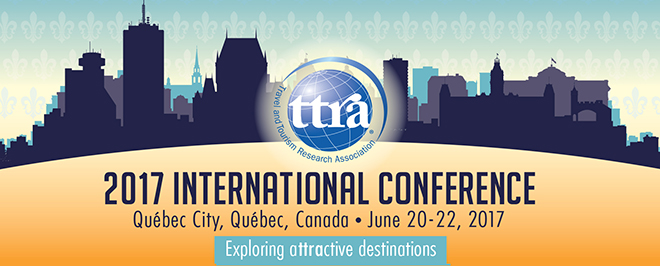Abstract (150 Words)
Tourism has many impacts on residents’ quality of life. One outcome that can result from these impacts is the experience of stress. Individuals who experience stress are at increased risk for mental and physical illnesses. This paper examines the relationship between residents’ perceived impacts of tourism on their quality of life and their experience of tourism related stress. Paper surveys were completed by 247 residents of the Hawai’ian island of Oahu, a heavily developed tourism destination that is economically reliant on the tourism industry. A logistic regression model revealed that clean air and water, crowding and congestion, the preservation of residents’ way of life, the value of residents’ house and/or land, and plenty of festivals, fairs, and museums, were all significantly related to the experience of tourism related stress. Tourism decision makers can address tourism quality of life impacts in these specific areas to help mitigate tourism related stress.
Perceived quality of life impacts and tourism-related stress
Tourism has many impacts on residents’ quality of life. One outcome that can result from these impacts is the experience of stress. Individuals who experience stress are at increased risk for mental and physical illnesses. This paper examines the relationship between residents’ perceived impacts of tourism on their quality of life and their experience of tourism related stress. Paper surveys were completed by 247 residents of the Hawai’ian island of Oahu, a heavily developed tourism destination that is economically reliant on the tourism industry. A logistic regression model revealed that clean air and water, crowding and congestion, the preservation of residents’ way of life, the value of residents’ house and/or land, and plenty of festivals, fairs, and museums, were all significantly related to the experience of tourism related stress. Tourism decision makers can address tourism quality of life impacts in these specific areas to help mitigate tourism related stress.


